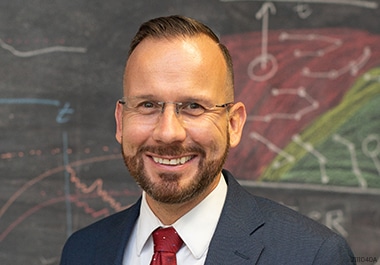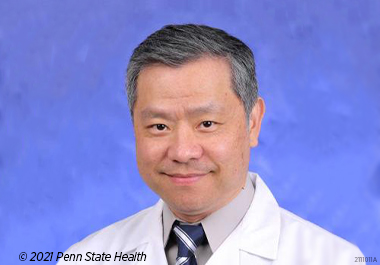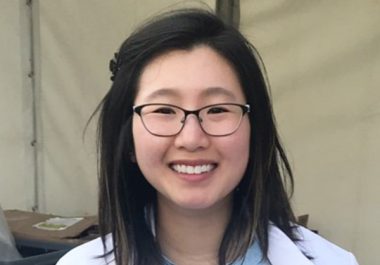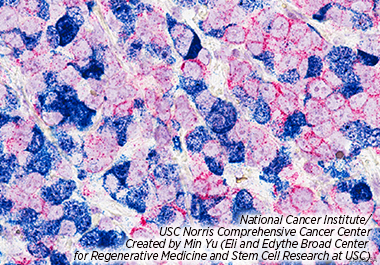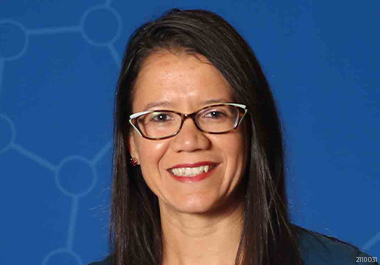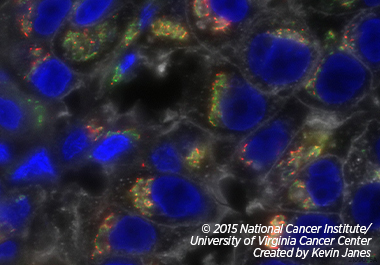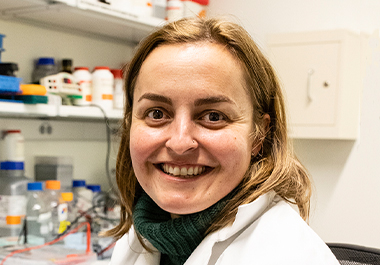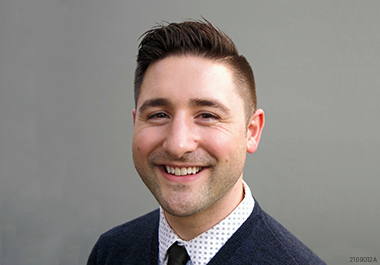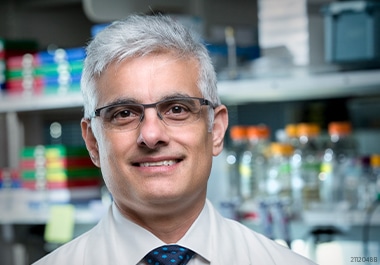
Sunil Hingorani and the Small Patients
At the start of his career, Sunil Hingorani, MD, PhD, now at the Fred Hutchinson Cancer Research Center, had a life-altering experience in caring for a patient with pancreatic cancer. A grant from the AACR in 2005 led him into an investigation that changed his approach to the disease.
